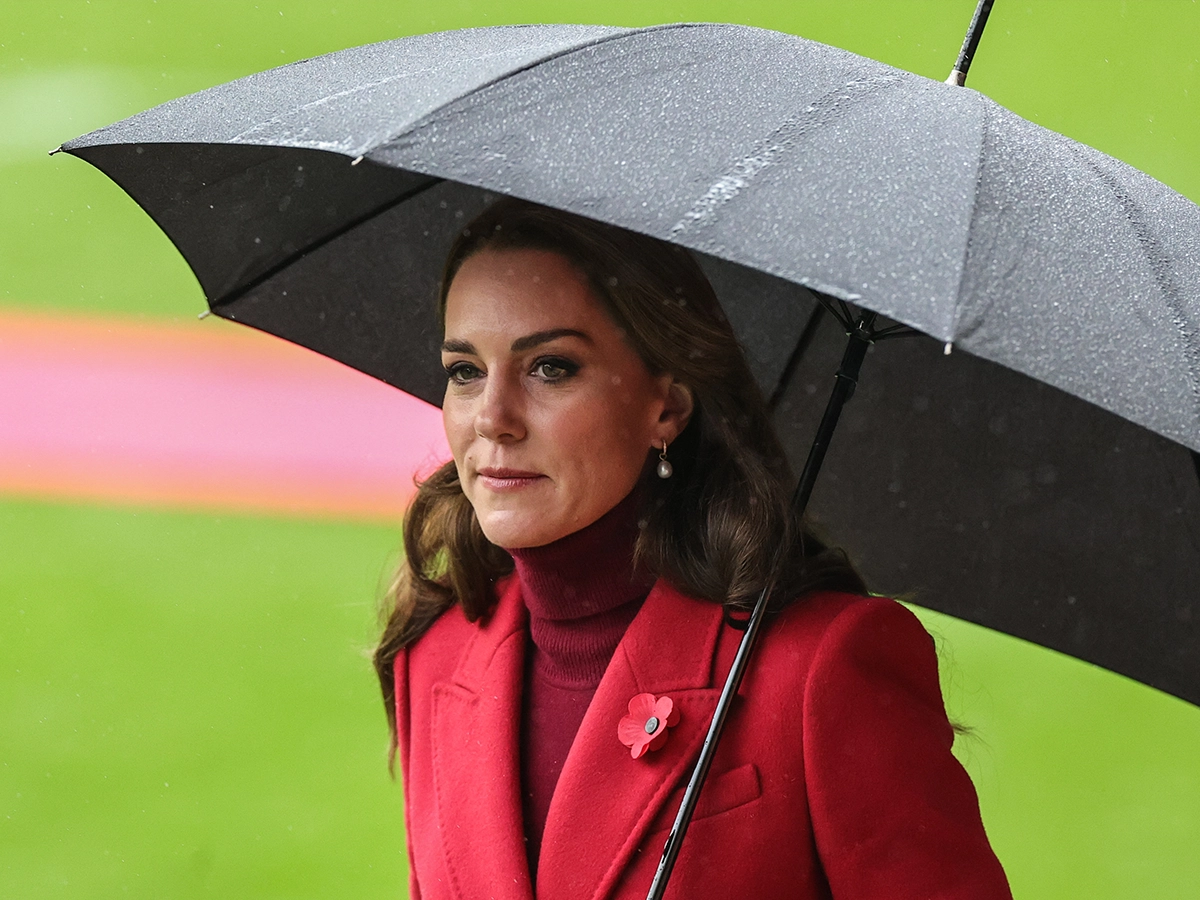New budget implications for childcare in Australia

The cost of living in Australia has a significant impact on families, especially when it comes to childcare expenses. As the government unveiled the 2023 federal budget, attention was drawn to measures aimed at alleviating the financial burden on parents and improving affordability in the childcare sector.
Recognizing the challenges faced by Australian families, Treasurer Jim Chalmers emphasized the need to prioritize those “doing it toughest” in his budget speech. To address the rising cost of living, a $14.6 billion package for cost-of-living relief was announced, targeting the most vulnerable households and small businesses.
One of the key highlights of the budget was the commitment to make childcare more affordable. With an additional $9 billion allocated to the sector, the total spending on childcare over the next four years will reach $55.3 billion. This substantial investment aims to benefit around 1.2 million families across the country.
Under the new measures, an average family earning approximately $120,000 per year with a child in care three days a week can expect to save around $1,700 annually. Education Minister Jason Clare outlined that these changes will result in reduced costs for families, ensuring that childcare remains accessible and affordable.
The government’s support for the childcare sector extends beyond cost reduction. The budget sets aside $72.4 million over five years to enhance the training of early childhood educators and improve the quality of care. This investment aims to benefit over 80,000 early childhood educators, with a particular focus on regional and remote services, as well as Indigenous organizations.
It is evident that the government recognizes the crucial role of childcare in supporting families and enabling workforce participation. By making childcare more affordable, the budget aims to ease the financial strain on parents, allowing them to continue their careers and contribute to the economy. This is not only beneficial for individual families but also for the broader society and economy.
However, it is important to note that the cost of living extends beyond childcare expenses. The budget addresses other aspects that impact families’ financial well-being. For instance, the package includes measures to provide cost-of-living relief in the form of energy rebates and rent assistance. These initiatives, coupled with increases in parental leave and support for job seekers, aim to create a more supportive environment for Australian families.
While the 2023 federal budget takes significant strides in addressing the cost of living and making childcare more affordable, its effectiveness will depend on successful implementation and ongoing evaluation. It is crucial for the government to closely monitor the impact of these measures and make necessary adjustments to ensure that Australian families can thrive in an environment that supports their needs.
In conclusion, the cost of living in Australia has a profound influence on childcare expenses. The 2023 federal budget recognizes this issue and introduces measures to alleviate the financial burden on families. By investing in affordability and quality improvement in the childcare sector, the government aims to create a more accessible and supportive environment for Australian parents. These initiatives are vital for fostering economic participation, empowering families, and building a stronger future for all.







Have your say